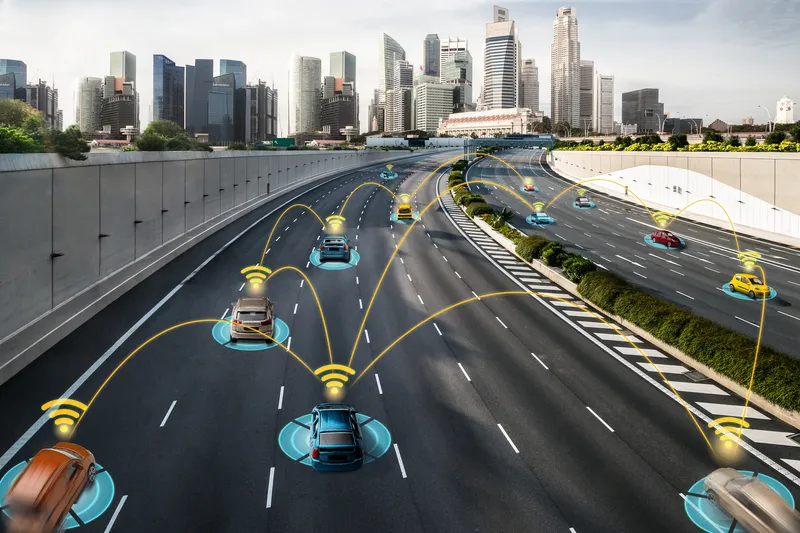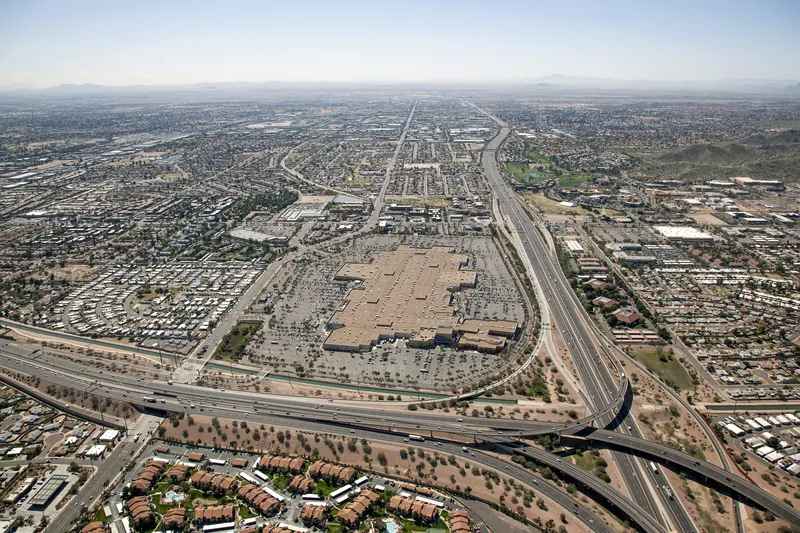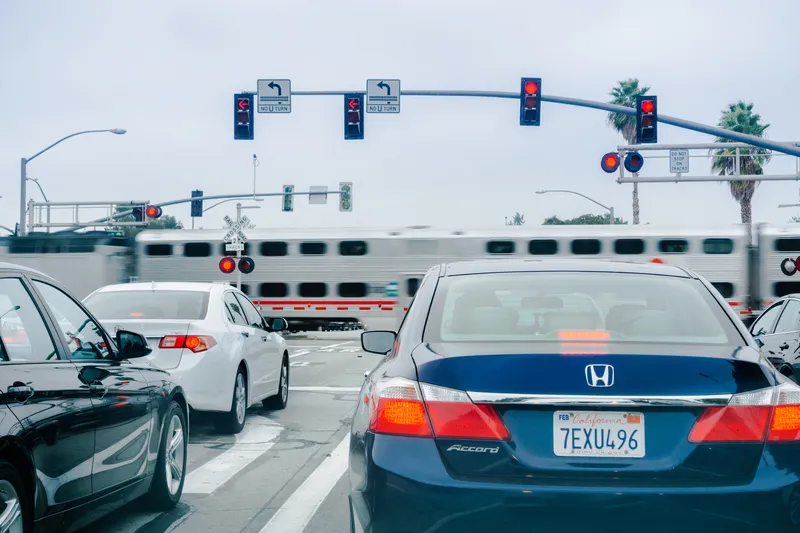
The Commercial Vehicle Safety Alliance (CVSA) is urging the US Federal Communications Commission (FCC) to reserve the spectrum required to support Vehicle to Everything (V2X) technologies.
V2X technologies use a spectrum in the 5.9 GHz band which is currently used solely for transportation safety communications.
The non-profit association says the FCC is considering giving away the majority of these airwaves to the Wi-Fi industry, which threatens the progress and stability of V2X technologies.
It is the latest in a long line of transport groups, led by ITS America, which has been similarly vocal in their concerns about 5.9 GHz - indeed, CVSA was a joint signatory on a letter to that effect.
CVSA believes the FCC's proposal does not leave enough spectrum for V2X technologies and would likely result in significant interference for V2X activity in the remaining spectrum.
Earlier this year, the GVSA submitted comments to the FCC opposing any action to relocate the spectrum away from transportation communications without clear evidence that it would not negatively impact V2X capabilities.
It stated the FCC should keep the current 75 MHz allocation for transportation communications in the 5.9 GHz band, fostering the potential and functionality of V2X technologies.
Collin Mooney, CVSA executive director, says: “Each crash on our roadways is associated with real-world costs – physical, emotional and financial – for the loved ones of those who are killed or injured. Working to prevent such loss is an important priority to CVSA and should be a top priority of federal policymakers.”
“We should fully deploy V2X technologies to significantly reduce traffic deaths and injuries in our communities. When our families are on our roads, we want to know that every tool available is being employed to keep them safe,” he adds.









